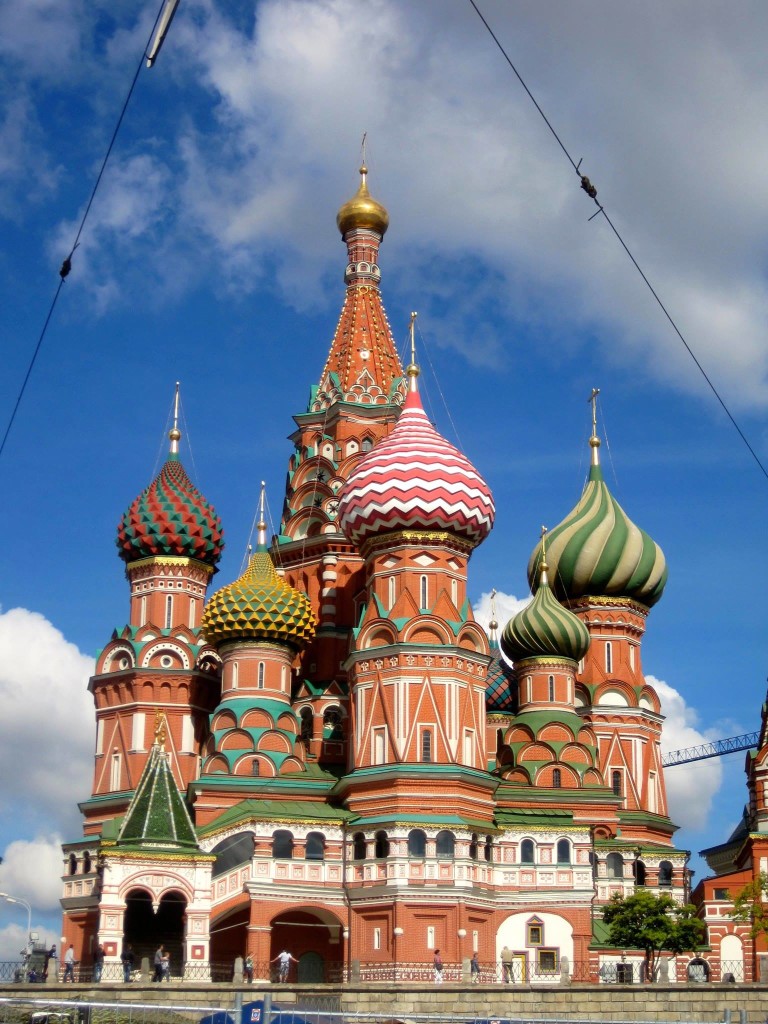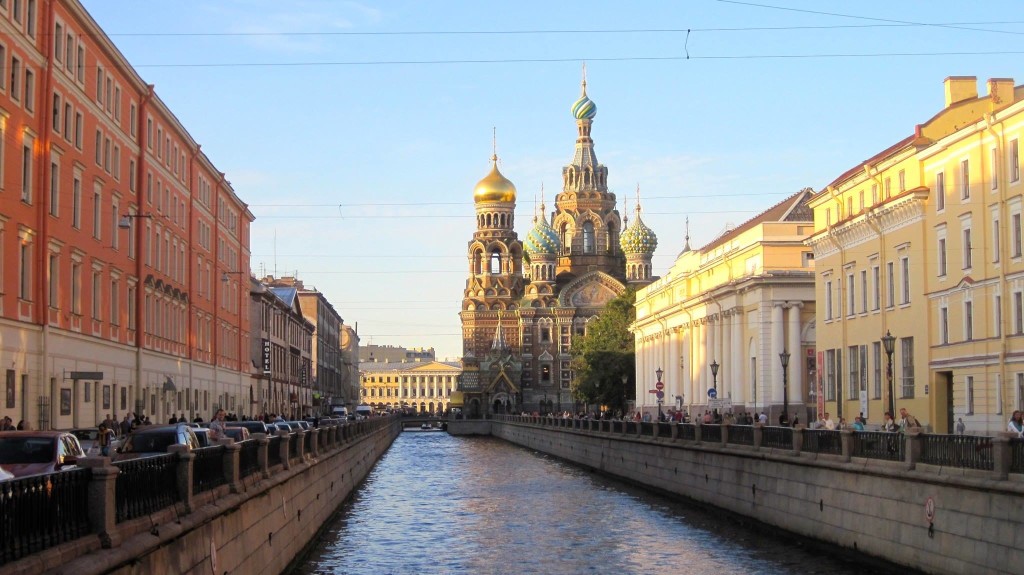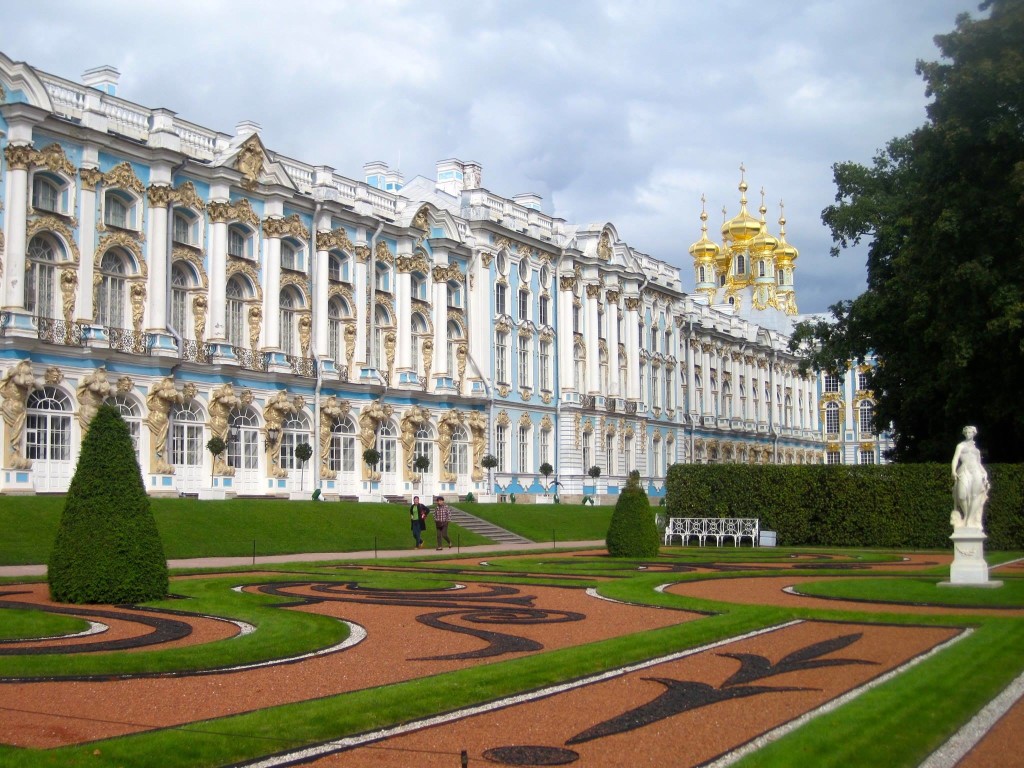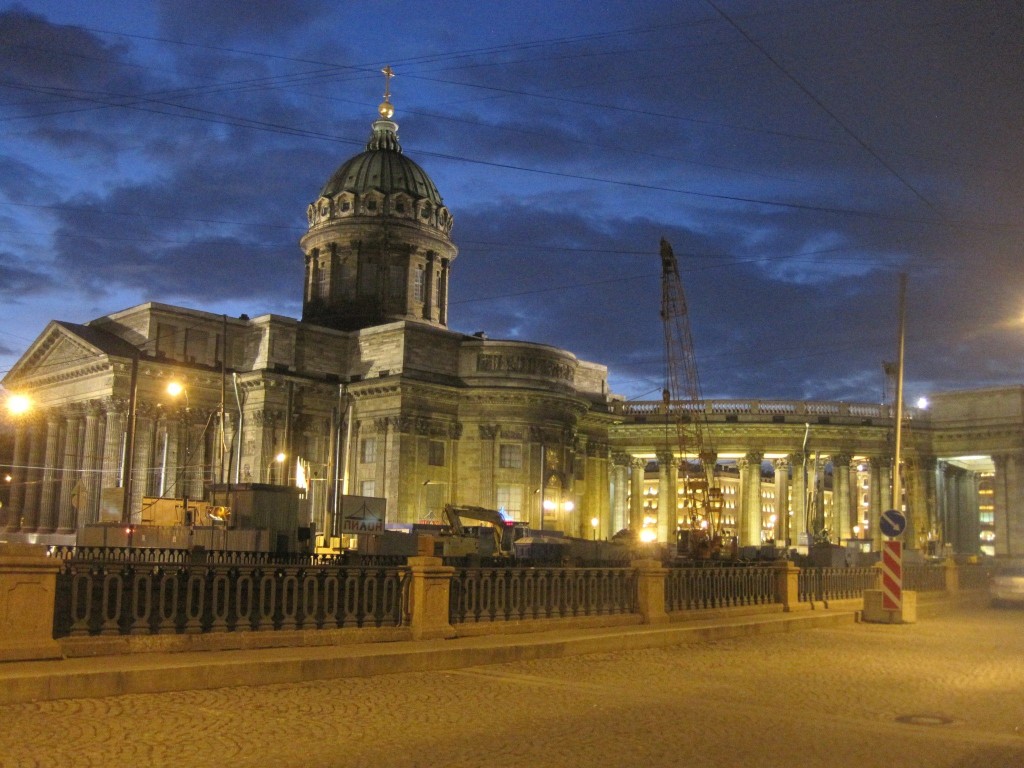If you’ve been following our blog, then you’re likely aware that we spent the month of February, in celebration of Valentine’s Day, dedicated to exploring “All Things Russia.”
While we had originally wrapped “things” up last week, the news of Boris Nemtsov’s murder and Putin’s prominence in the international media has inspired us to continue “exploring” Russia just a bit longer.

Naturally, questions have arisen as to the motives behind 55-year-old Nemtsov’s death. As a Russian democracy activist, he was an outspoken critic of the Kremlin and President Vladimir Putin, and served as a co-chair of the Republican Party of Russia-People’s Freedom Party. (He rose to national prominence in the 1990s during his six-year governship of the Nizhny Novgorod region and was once seen as a possible successor to former President Boris Yeltsin after being named first deputy prime minister in 1997-98).
Interestingly, Nemtsov didn’t receive much favor from the general Russian public and never built a substantial following; a 2013 poll found that only 6 percent of Russians approved his actions, while 48 percent disapproved and 46 percent claimed to know nothing about him.
The below essay may provide some insight into why the Russians didn’t approve of Nemtsov – and why Nemtsov’s “Western-style liberalism” failed to attract the support of the Russian populace.
The following is an adapted, updated version of an essay written for a post-communism politics course from April 2011.
If you asked an American what – in their opinion – democracy is, what do you think they’d say?
It would be difficult to imagine that the word “freedom” – more specifically the phrases “freedom of speech”, “freedom of religion” and “freedom of press” – from the First Amendment of the Bill of Rights wouldn’t be included, at least in part, in their answer.
It is, after all, the foundation upon which our country is built, which is widely recognized throughout the international world.
It’s not entirely surprising, then, that when Russians were asked in a 2010 public opinion survey, “What in your opinion is ‘democracy’?”, the highest percentage, at 40 percent, chose the response: “Freedom of speech, press, religion” (compared to economic prosperity, order and stability, rule of law, direct election of all high state leaders, among others).
What is surprising, however, is what Russian’s believe democracy in Russia means for them.
In fact, data from the same public opinion survey – compiled by the Levada Center, an independent Russian research organization – indicates that although the Russian people have come to value certain individual rights that suggest a democratic culture, their notion of democracy and capitalism in Russia has become increasingly tied to their desire for the social protection and guarantees they received under the Soviet-era system.

Take, for instance, the percentage of Russians who have classified “the political system before perestroika” as positive. In 1992, during a time of great chaos and tribulation, 50 percent of Russians evaluated it as positive. This percentage has continued to increase through the 1990s and into the 2000s, with 71 percent of Russians evaluating the pre-perestroika system as positive by 2009.
Consequently, the percentage of those who classified it as negative has decreased from thirty-seven in 1992 to 23 in 2009, thus indicating that the majority of people view the Soviet-era governing system in a favorable light.
When comparing this data to the Russian people’s evaluation of the “present system of governing,” however, the results initially appear contradictory, especially considering that Russia is a “democracy.”
In 1992, only 14 percent of Russians classified the present system as positive, but as the years went on, this number steadily increased to 74 percent by 2009. Thus, not only does this indicate a higher rate of approval for the present system of government, but might also infer that the governing system has become closer to the “system before perestroika” that 71 percent of the Russian people viewed as positive in 2009.
Similarly, the Russian people are more apt to learn toward the idea of a “heavy-handed” state, which is reminiscent of the “political system before perestroika” from the Soviet-era.
For instance, when asked “What sort of state would you like to see in Russia?”, 40 percent of the Russian people supported “A unitary, centralized state with local leaders appointed from the Centre.” Similarly, when asked, “What do you think would be better? [concentration or separation of powers]?”, 45 percent of Russians supported the response “For all power to be concentrated in one pair of hands.”
Although these numbers were fairly close with their opposite responses, this data is indicative of the Russian tendency, due to the country’s history and culture, to gravitate to a one-man government with a powerful center.
However, the Russian people do not seem to reject democracy and, if anything, have come to value certain rights and liberties that they have gained throughout the 1990s.
When asked, “Which of the following approaches to the problem of human rights do you think is most correct?”, a combined majority of 62 percent responded with either “People have the right to fight for their rights, even if it contradicts state interests” (49 percent) or “the right of individuals come before interests of the state” (12 percent). Contrastingly, only a combined 29 percent said that the interests of the state come first and are more important than an individual’s rights.
Although not embraced by the whole population, this data represents a dramatic shift and break from Soviet-era mentality, when nearly all Russians were ingrained with the idea that the state came before the individual and that an individual’s interests and state’s interests were ultimately one in the same.
Similarly, out of a list of six democratic institutions and rights, the one that the Russians valued the most and found to be most important was “freedom of speech and of the mass media,” supported by 85.8 percent of Russians in 1997 and 77.3 percent in 2000.

When asked if banning political associations and newspapers that speak out against the present government is acceptable in exchange for leading the country out of a crisis, 63 percent of Russians said “no” as of 2000, indicating that Russians are unwilling to compromise their personal rights and freedoms they have gained from the transition to a democracy.
Although Russians seem to support certain democratic principles and ideas, however, their idea of democracy is not in line with the traditional, western style development, but instead reflects elements of the Soviet past.
That most Russians support democracy is evident in the fact that 57 percent of respondents said “yes” in 2009 to whether they thought Russia needs democracy – a significant increase from 2000 when the Russian people were asked to assess a variety of achievements of the Yeltsin era and only 23 percent valued “democracy and political freedoms.”
But, when asked in 2009 what type of democracy Russia needs, only 23 percent said “like that in developed countries of Europe, America”, whereas 47 percent of them supported the notion that “Russia needs its own type of democracy following national traditions.”
Thus, the idea of a “unique” and “special” system of development of democracy seems to hold precedence, largely because, as the data suggests, citizens want the social guarantees and protections that they had under the Soviet system. In fact, Russians’ view of democracy and capitalism seems to be tied to their desire for state assistance and social protection of citizens.
Asked what “a special Russian” path means in 2014, Russians’ number one response, with 31 percent of respondents was, “Economic development, but with more concern for people rather than profit.”
Similarly, 19 percent said, “Taking into account spiritual, moral sides of relations between state and citizens.”
The Russians’ responses to their views on social protection is also very telling, for an overwhelming and combined 83 percent of citizens said the “state should provide a normal standard of living to all its citizens” and the “state should help those in a difficult situation, e.g. lost their job,” compared to just two percent who said that “people should take care of themselves without interference by the state.”
Thus, although there is a significant break with the past in that Russians value their rights and do not feel obligated to sacrifice themselves for the state, at the same time there is a strong desire to implement aspects of the Soviet past – namely, social protection for all citizens – as part of the development of democracy.
These underlying tensions and the idea of a “special path” of development for Russia also become evident in citizens’ opinions about capitalism and the economy.
For instance, when asked what they think the best economic system is for Russia, 47 percent of Russians were for a “mixed” or planned and market economy, compared to 24 percent for a planned economy, and only 15 percent for a market economy.
This idea of a “mixed” economy speaks to the desire of the Russian citizenry to have the guiding force of an “upper hand,” characteristic of Russia’s past, in order to help regulate the country and provide a sense of stability. In fact, Russians seemingly associate democracy with stability and order, as is evidenced by their response to the question of “what is most important to be able to speak about democracy in Russia?”
This desire for social guarantees and for an “upper hand” becomes even more evident when Russians were asked in 2008 what course Russia should follow in present circumstances regarding the economy; 44 percent responded, “Strengthen state role in the economy, social protection.” Although the data suggests that a small percentage of the population (11 percent) actually wanted to return to the system under the Soviet regime, the Russian people are still interested in carrying forward aspects of the regime, most notably protection and regulation, in order to ensure a sense of stability.

The Levada Center data also provides insight into the increased sense of isolation and fear Russian citizens have experienced, which ultimately indicates a growing separation between the governed and the “authorities” in Russia.
When asked in 2014 if they think they can have any influence on state decisions, an overwhelming 85 percent of respondents said “no” in one form or the other.
And when asked in the same year why they don’t want to participate more actively in politics, 32 percent said, “politics is not for ordinary people but for authorities”. The second most popular response was “you can’t change anything anyway.”
Although this is indicative of a weak democratic political culture, in that citizens fear and distrust law enforcement agencies and are not actively engaged in political happenings, the citizens’ desire for a unified, centralized state speaks to their “acceptance” of the current system, so long as it does not impinge on the personal rights they have grown to value.
In conclusion, then, it appears that Russian citizens have neither fully embraced, nor completely dismissed the idea of a western style democratic culture.
Rather, the data suggests that their political values and priorities consist of an odd combination of democratic and Soviet-era tendencies. For while Russian citizens have demonstrated a radical break from the past by coming to value their own liberties and rights – which they are now unwilling to compromise – they have also shown a desire for a strong central state that citizens can depend on and that provides the social guarantees, stability and regulation that they grew accustomed to after decades of Soviet rule.
Please note that all data was taken from the Levada Center, which can be accessed here.
Seen our other Russian posts? Check them out below:
- “‘Putinology’: Decoding the Russian President’s Mind”
- “From Russia With Love”
- “Nostrovia!”
- “Vodka: The Russian Spirit”
- “I Can See Russia From Here!”
- “A Glimpse Into Russia’s Imperial Romanov Family”
- “The Colorful, Contradictory, Crazy Comrade Khrushchev”
- “Once Upon a Time in Mari Vanna: A Russian Restaurant”
- “Borscht, Borsch or Borshch?”
- “Tea Time With Podstakanniks on the Russian Railway”
- “‘Pop’ing Into Warhol’s World”
Such a fascinating post. The findings are surprising yet make so much sense when you process them. The idea of democracy prevails–but not a western democracy.
What’s frightening to me is the 85% who don’t believe they have influence over state decisions. Whatever their democracy should look like, there’s a place to make change happen.
That Meghan Houser takes some great photos!